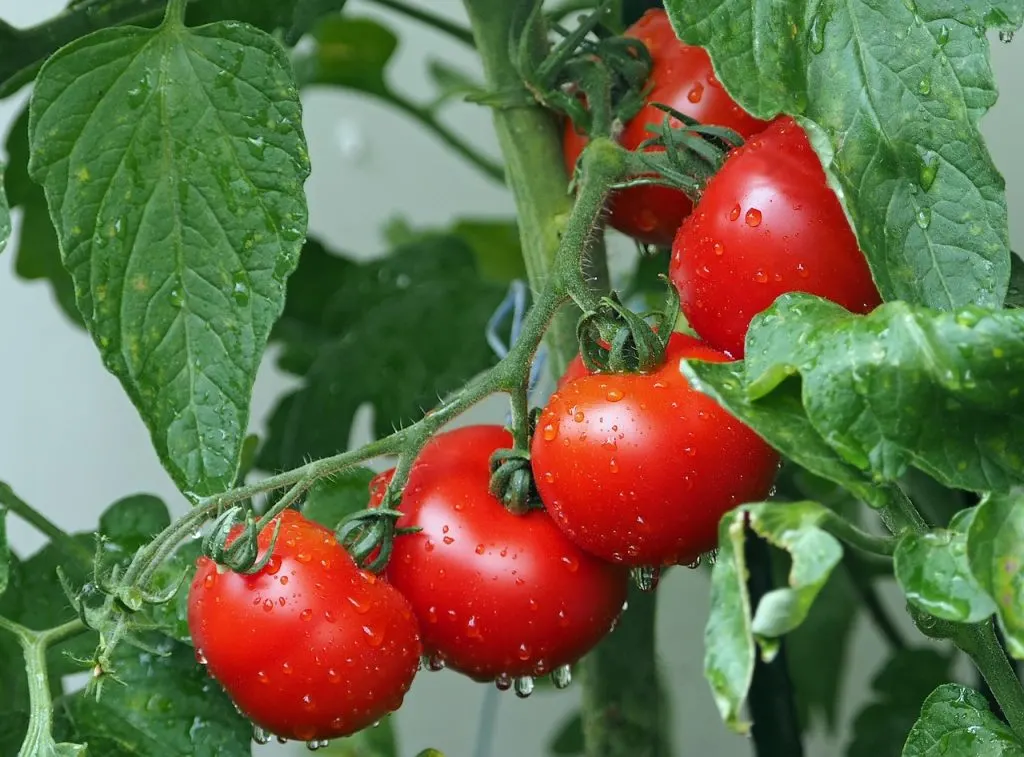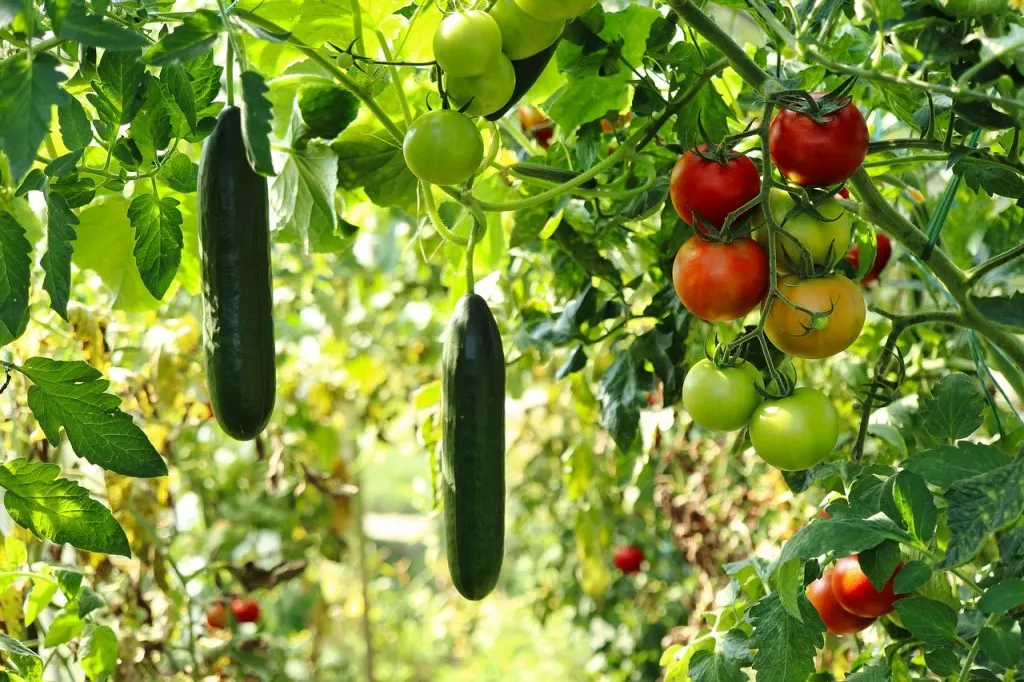In the world of gardening and agriculture, the quest for natural, eco-friendly fertilizers that promote plant growth and enhance crop yield is an ongoing endeavor.

While traditional fertilizers have long been the go-to solution, innovative approaches have emerged, including the use of milk as a fertilizer.
Yes, you read that correctly – milk fertilizer. The idea might sound unconventional, but the results are surprisingly impressive.
Milk has long been recognized for its nutritional value for humans, but its benefits extend beyond the breakfast table.
When used as a fertilizer, milk provides plants with essential nutrients such as calcium, potassium, phosphorus, and nitrogen, all of which are vital for healthy growth and development.
These nutrients help strengthen the plants’ immune systems, making them more resilient to diseases and pests.
So, how does one go about using milk as a fertilizer? It’s simple. By diluting milk with water, you can create a nutrient-rich solution that can be applied directly to the soil or sprayed onto the leaves of your plants.
The recommended ratio is one part milk to four parts water, although this can be adjusted based on the specific needs of your plants.
Tomatoes and cucumbers, in particular, respond exceptionally well to milk fertilizer. These plants are heavy feeders, meaning they require a steady supply of nutrients to thrive.

By incorporating milk into your watering routine, you can significantly boost their growth and productivity.
One of the most notable benefits of using milk fertilizer is its ability to combat common plant diseases such as powdery mildew and blossom end rot.
These fungal infections can wreak havoc on tomato and cucumber plants, leading to stunted growth and poor fruit quality.

However, the antimicrobial properties of milk help prevent these diseases from taking hold, keeping your plants healthy and vigorous throughout the growing season.
But perhaps the most surprising benefit of using milk fertilizer is its impact on soil health.
Unlike synthetic fertilizers, which can deplete the soil of essential nutrients and disrupt its microbial balance, milk acts as a natural soil conditioner, improving its structure and fertility over time.
This not only benefits your current crop but also sets the stage for healthier plants in the future.
Of course, like any gardening technique, using milk as a fertilizer requires some experimentation and observation. It’s essential to monitor your plants’ response and adjust your watering regimen accordingly.
Additionally, while milk is generally safe for plants, it’s best to avoid using it in excessive amounts, as this can lead to unwanted odor and bacterial growth.
This practice of watering tomatoes and cucumbers with milk fertilizer may seem unconventional at first glance, but the results speak for themselves.
From improved plant growth and disease resistance to enhanced soil health, the benefits are undeniable. So why not give it a try? You might just be surprised at the difference it makes in your garden.
